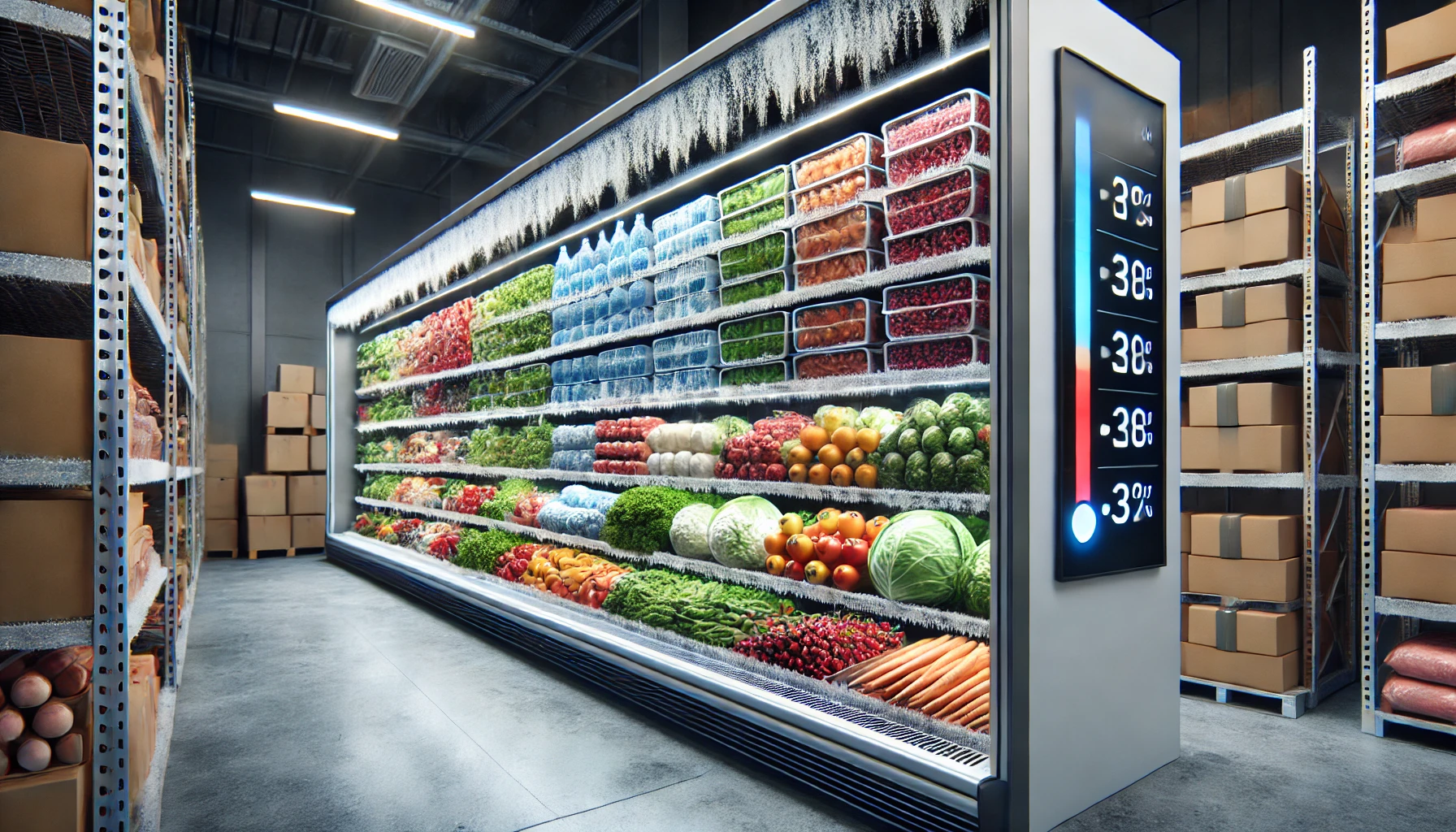In today's fast-paced world, consumers demand fresh, high-quality products year-round. Whether it's a crisp apple in winter or a perfectly aged steak, cold storage plays a critical role in maintaining the freshness and quality of perishable goods. By keeping products at optimal temperatures, cold storage not only extends their shelf life but also ensures that they retain their taste, texture, and nutritional value. In this post, we’ll explore the ways in which cold storage extends the freshness of products and why it’s essential for businesses that rely on perishable goods.
How Cold Storage Preserves Freshness
Cold storage works by slowing down the natural processes of decay that affect food. Every perishable product, whether it’s meat, dairy, or fresh produce, contains microorganisms that contribute to its breakdown. These processes accelerate in warm environments, which is why spoilage occurs faster at room temperature. Cold storage facilities, with their controlled environments, reduce the activity of these microorganisms and delay the spoilage process.
For example, fruits and vegetables continue to respire even after they’re harvested, releasing moisture and gases that accelerate decay. Storing these products in refrigerated environments helps to slow this respiration, extending their freshness by days, weeks, or even months.
Key Factors in Extending Shelf Life
- Temperature Control: Maintaining the right temperature is essential for preserving product quality. Different products require different temperatures, and even slight variations can affect freshness. For instance, leafy greens need to be stored at temperatures just above freezing, while frozen meats must be kept well below zero to maintain their integrity.
- Humidity Levels: Cold storage also involves regulating humidity levels. High humidity can lead to moisture accumulation and mold growth, while low humidity can cause dehydration and shriveling, particularly for fresh produce.
- Airflow: Proper airflow ensures that cold air circulates evenly throughout the storage space. This prevents hot spots where products could spoil prematurely.
- Packaging: Appropriate packaging also contributes to maximizing shelf life. Vacuum-sealed meats, for example, are better protected from bacteria and oxygen, both of which accelerate spoilage.
Business Benefits of Maximizing Shelf Life
Businesses that invest in cold storage solutions can expect several benefits. First, longer shelf life means products can be stored and transported over greater distances without spoiling. This is especially important for international trade, where products might need to travel for weeks before reaching their final destination.
Moreover, maximizing product freshness reduces waste, which in turn boosts profitability. Retailers can sell fresher products for longer periods, and consumers are more likely to purchase goods that have longer expiration dates.
Cold Storage Innovations and the Future of Freshness
As technology continues to advance, so do the methods used to preserve freshness. Innovations such as smart refrigerators, IoT sensors, and automated temperature monitoring are becoming more prevalent in cold storage facilities. These technologies provide real-time data on temperature and humidity levels, allowing for immediate adjustments if any anomalies are detected.
In the future, businesses will likely see even more sophisticated cold storage solutions that not only extend freshness but also reduce energy consumption, making the entire process more sustainable.


